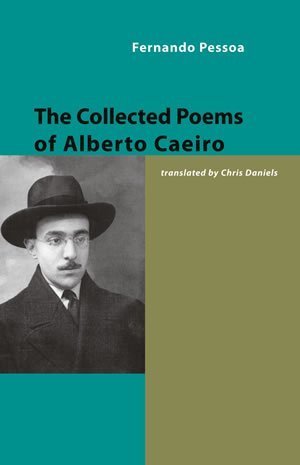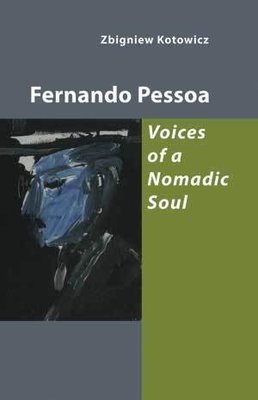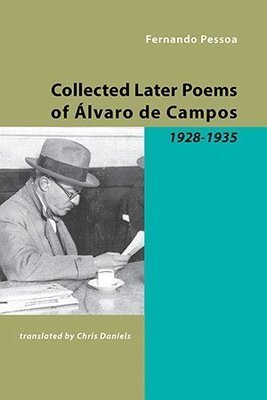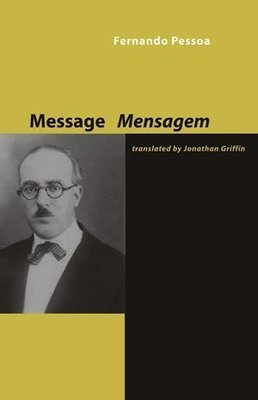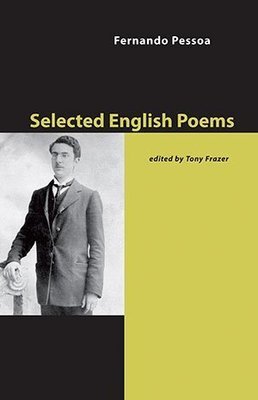Shearsman Store
Fernando Pessoa - The Collected Poems of Alberto Caeiro
Translated from Portuguese by Chris Daniels
Published 2007. Paperback, 200pp, 9 x 6ins, £12.95 / $20
ISBN 9781905700240 [Download a PDF sampler from this book here.]
The only integral collection of the Caeiro heteronym in English, this is accompanied by the introductions of Ricardo Reis and a memoir by Alvaro de Campos, two of Pessoa's other major poetic heteronyms, as well as a poem dedicated to Caeiro by C. Pacheco, thought by many commentators to be another one-off heteronym. Illustrating the complexity of Pessoa's heteronymic project still further, the volume also includes an anonymous introductory note, a further introduction to the 'author's' work by Thomas Crosse (one of Pessoa's English heteronyms), and an 'interview with Caeiro', recorded by Campos. In short, much of Pessoa's heteronymic world is on view in this volume.
'Alberto Caeiro da Silva was born in Lisbon on April 16, 1889, and died of tuberculosis in the same city on (. . .), 1915. He spent nearly all his life in a village in Ribatejo, and only returned to the city of his birth in his final months. In Ribatejo he wrote nearly all his poems, those of the book entitled The Keeper of Flocks, those of the incomplete book, The Amorous Shepherd, and some of his first which I myself, having inherited them for the purposes of publication with the rest, gathered together under the designation graciously suggested by alvaro de Campos — Detached Poems. His final poems, beginning with the one numbered (…), were written in the last period of the author's life, after he had returned to Lisbon. The task befalls me briefly to establish a distinction. Some of these poems reveal, by reason of the perturbation caused by illness, something new and rather foreign — in nature and direction — to the general character of his work.
Caeiro's life cannot be narrated — there is nothing in it to be told. His poems were the life within him. In all else there was neither incident nor story. Even the brief, fruitless, and absurd episode which gave rise to the poems of The Amorous Shepherd was not an incident but rather, so to speak, a forgetting.
Caeiro's work represents the absolute essence of paganism, fully reconstructed. The Greeks and the Romans, who lived in the midst of paganism and therefore did not think about it, would have been incapable of such a thing. Yet Caeiro's oeuvre and its paganism were never thought through, nor were they even felt. They came from something within us deeper than feeling or reason. To say any more would be to explain, which serves no end; to affirm any less would be to lie. Every oeuvre speaks for itself with its own voice in the language that shapes both work and voice. "If you have to ask, you will never know." There is nothing to explain. Imagine attempting to explain to someone a language he did not speak.'
(from an introductory essay by Ricardo Reis, translated by Chris Daniels, and included in this volume).
Order From:
Order from amazon.co.uk
Order from The Book Depository
Order from UK Bookshop.org
Order from amazon.com
Order from Barnes and Noble.com
Shearsman Books Ltd. All rights reserved
Shearsman Books Ltd registered office 30–31 St. James Place, Mangotsfield, Bristol BS16 9JB ( address not for correspondence ). Registered in England as company no. 4910496.



